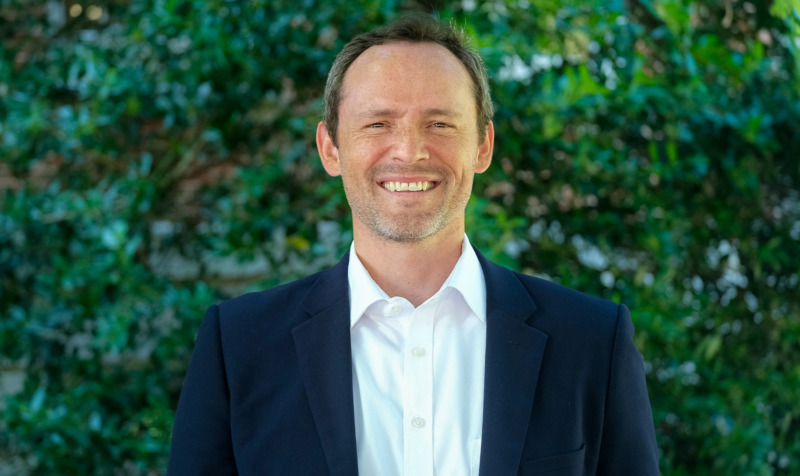Education
- Ph.D. 2017 – University of North Carolina at Chapel Hill, Social Work
- M.S.W. 2013 – Brigham Young University, Social Work (Clinical)
- B.S. 2011 – Brigham Young University, Family Studies
Areas of Expertise
- Youth development
- Family structural transitions and youth well-being
- Maltreatment prevention among military-connected youth/families
- Strengthening youth-serving systems
- Program evaluation
- Quantitative methodology
Background
Todd Jensen specializes in promoting youth development and well-being in the context of family structural transitions, preventing maltreatment among military-connected youth and their families, and strengthening youth-serving systems. With foundational training in developmental science, family science, and clinical social work, Jensen received his Ph.D. in Social Work from the University of North Carolina at Chapel Hill in 2017, where he further developed skills associated with intervention research, prevention science, and quantitative methodology. Recognizing the value of sustainably implementing health-promoting and evidence-informed interventions (i.e., programs, policies, practices) in youth-serving systems, Jensen’s work also attends to advances in implementation science.
Prior to joining the School of Education in 2024, Jensen served as a faculty member in the UNC School of Social Work. Jensen is a Faculty Fellow of the Carolina Population Center, Fellow of the Society for Social Work and Research, Deputy Editor of the Journal of Family Theory & Review, and active member of the National Council on Family Relations. As an educator, Jensen is passionate about student mentorship and specializes in teaching courses on family dynamics and theory, human development, program evaluation, and advanced quantitative methodology. In all aspects of his work, Jensen seeks to employ a strengths-based orientation and cultural humility.
Research
Jensen’s scholarship is driven by the proposition that all youth deserve to experience healthy development and well-being across the life course; the three interconnected pillars of his work attend to several levels of youth’s social ecology and context. First, Jensen’s research aims to identify malleable family processes that promote youth development and well-being in the context of family structural transitions, such as when parental figures enter or exit youth’s primary residence. He is particularly interested in understanding how to leverage youths’ connection to new stepparents or social parents as a unique developmental asset. Second, his research focuses on promoting well-being and preventing various forms of maltreatment among military-connected youth and their families. Third, his research seeks to identify interpersonal processes that optimize the efforts of teams to sustainably implement health-promoting and evidence-informed interventions in youth-serving systems.
